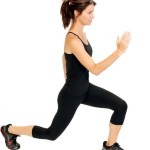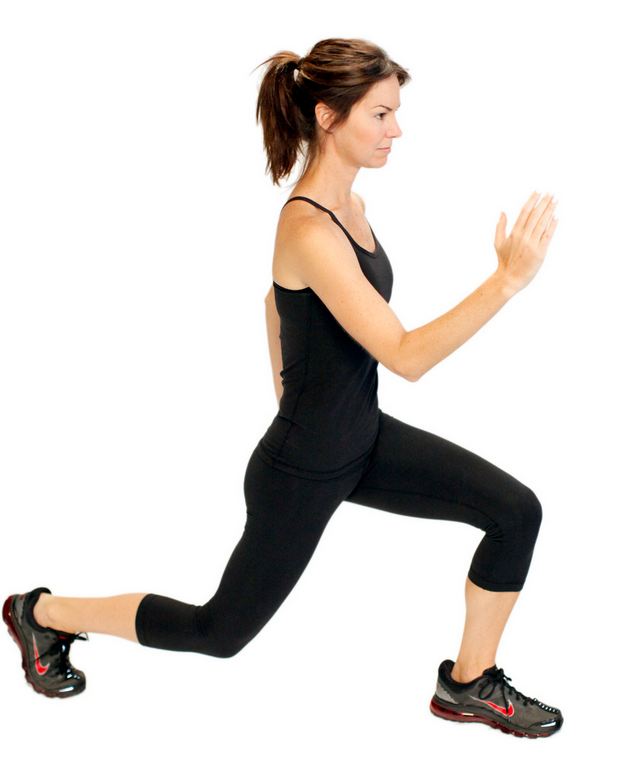FIVE EXERCISES YOU CAN DO IN YOUR LIVING ROOM
FIVE EXERCISES YOU CAN DO IN YOUR LIVING ROOM
By ROB JONES
Recently a study showed that a two minute burst of exercise a week can have positive health benefits. If you’re squeezed for time (or the weather is horrible!) these indoor exercises are the perfect way to get your dose of cardio and isometric exercise each week – even whilst you watch TV!
Jumping Jacks: This is a simple cardio exercise that will work both your upper and lower body. It doesn’t need much space and it will raise your pulse.
How to do Jumping Jacks
- Start standing with your hands by your sides.
- Jump off the ground a couple of inches and bring both your arms out and up (to around shoulder level) and legs out (wider than shoulders width) before landing on your toes.
- Spring quickly back in the air a couple of inches and bring the arms and legs back into the start position before landing on your toes again.
- Repeat at a relatively quick pace for the desired time.
Wall Sit: A great isometric exercise (one where you hold a position and your muscles stay tensed) which will really grow strength in your quads, glutes and calves.
How to do a Wall Sit
- Start with your back against a wall with your feet shoulder width and about two feet from the wall.
- Slide down the wall until your thighs are parallel to the ground – a 90 degree from the knee.
- If you need to adjust your feet so that your knees are directly above your ankles.
- Keep your back flat against the wall and hold for the desired time.
Abdominal Crunches: Crunches are a really good exercise for targeting the abs, specifically the adominis rectus muscles – those muscles that make the six-pack!
How to do Abdominal Crunches
- Lie on your back with you knees bent and feet flat on the floor.
- Contract your abs, flatten your lower back against the floor and slowly lift your shoulders one or two inches off the floor – exhale as you lift, keep your neck straight and chin up (try and keep a fist-sized space between chin and chest).
- Slowly lower while keeping your abs tensed.
- Repeat for the desired time or repetitions.

Lunges: A fantastic exercise that will build strength and balance. As well as improving strength (quads, hamstrings and calves) this exercise will also improve your cardiovascular condition – a must for any workout!
How to do Lunges
- Stand with feet together and place your hands either on your hips, out wide or behind your head (the latter called a ‘prisoner lunge’).
- Take one foot back a step and then bend and lower the rear knee towards the floor, at the same time bending the front knee.
- When the rear knee is almost to the floor (hovering an inch) both the back and front knees should be almost at 90 degrees. If this is not the case adjust the distance the next time you lunge.
- Now come back to stand by driving through the front foot and stepping the rear foot forward.
- Repeat with the other leg and continue for the desired time or repetitions.
Plank: An isometric holding exercise that helps develop strength in the abs, shoulders, mid back, bum and (most importantly) the muscles of your core.
How to do a Plank
- Starting in a push-up position, drop down to rest on your forearms with elbows directly below shoulders and fists meeting in front.
- Hold a straight posture (think of a straight line from shoulders, hips and ankles), taking care to keep the core activated by drawing the navel to the spine. Also ensure the neck and head are in line – you should be looking straight to the floor.
- Hold for the desired time.

About the Author:
Rob Jones is the resident fitness expert at SportsShoes.com. He’s a seasoned personal trainer, outdoor fitness guru and kettlebell addict hailing from Brighton. Rob is also a qualified cardiac rehab exercise specialist and working at the University of Brighton’s Cardiac Rehab Programme. All of Rob’s fitness experience is backed by a solid scientific understanding of exercise and health from an undergrad in Biological Sciences, postgrad in Exercise and Health and his qualification in Cardiac Rehabilitation.

